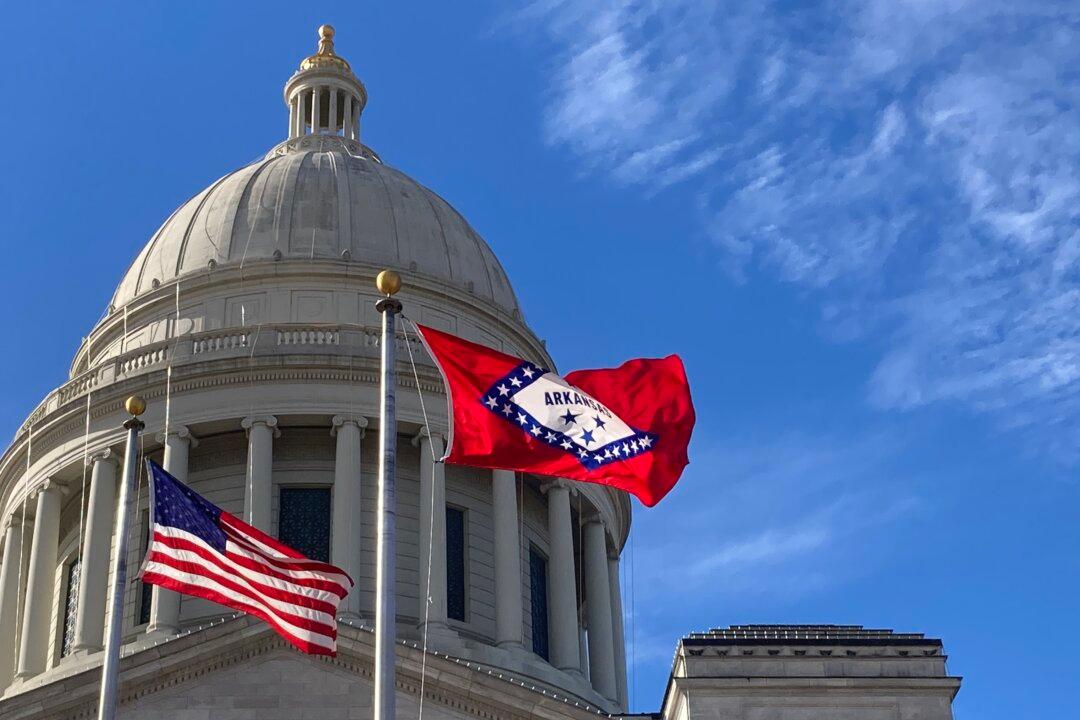The Arkansas Senate voted on Jan. 24 to approve legislation that would classify drag performances as an “adult-oriented business” in the same way as strip clubs and escort services.
Senate Bill 43 (pdf), sponsored by Republican state Sen. Gary Stubblefield and state Rep. Mary Bentley, would ban drag performances from being carried out on public property that are “intended to appeal to the prurient interest” and where anyone under the age of 18 can attend.




